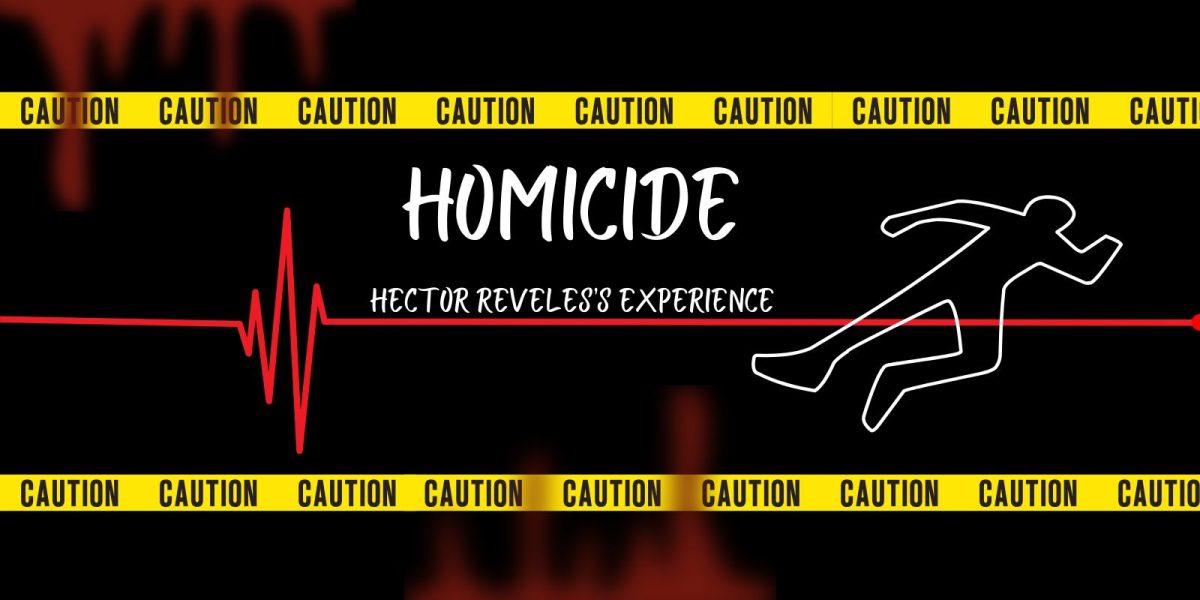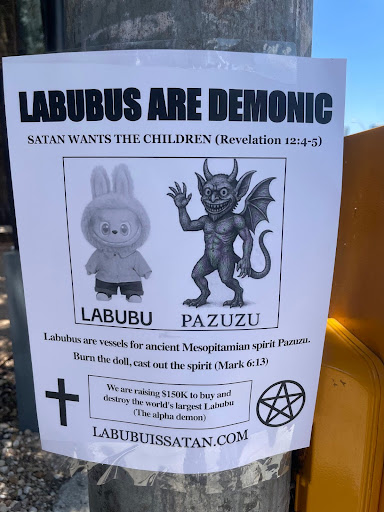“When there is peace, the warlike man attacks himself,” Nietzsche. Oppenheimer is a film that illustrates this quote to its largest possible extent. Adapted from the book ‘American Prometheus’ and directed by Christopher Nolan, ‘Oppenheimer’ is a historical drama that details the life of the “Father of the Atomic Bomb”: J. Robert Oppenheimer. Brilliantly played by Cillian Murphy, Oppenheimer is a theoretical physicist whose outlook on the world is strained by his visions of an atomic one. The film uses these visions to highlight the mind Oppenheimer has and alludes to what he will wrestle with for the rest of his life: a burdensome gift that has the power for great creation ultimately reduced to an object of destruction. This film is organized through multiple political hearings intercutting in between the in-color subjective experiences of J. Robert Oppenheimer and the black-and-white objective experiences of Lewis Strauss played by Robert Downey Jr. reminiscent of an earlier film of Nolan’s: ‘Memento’. The relationship these two men have, shows the internal conflict of the United States post WWII. A race to see who can outmaneuver the other to satisfy one’s own need for victory. This relationship plays into a theme of this film which is how being caught in one’s own world catalyzes the problems of consequence through neglect and naivety. Through escalating stakes, the film shows this theme by Oppenheimer’s life falling to ruin as his obsession for the atomic bomb gets the best of him.
First his personal life is reduced to a shadow of its former self as his neglect leads his wife Kitty, played by Emily Blunt, to fall into alcoholism forcing them to give away their only child away to family friends. Then his lover Jean Tatlock, played by Florence Pugh, succumbing to suicide as he is no longer able to act as her caretaker once the construction of Los Alamos begins. After the decimation of Hiroshima and Nagasaki the blood of the citizens have stained his hands and his guilt is profound but falls on deaf ears. He must atone for his sins by enacting policy using his reputation but this ultimately leads to his professional life being destroyed as well, as he is naive to the enemies he is creating through this crusade.
This deconstruction of his life needed to happen in the movie because he needed to live up to his title of the “American Prometheus”. And Nolan does just that. Through these situations, Oppenheimer’s world has become destroyed. His life has become a metaphor for the chain reaction of devastation his greatest creation sparked into existence. This is his eternal punishment. Despite the fact that this man may have brought about the end of our world we still empathize with him in the film, because in his final vision, we feel what he feels. That is why this film is one of Nolan’s best and one of the best of the year. In an era of movies reliant on technical ability and spectacle ‘Oppenheimer’ while still delivering on those fronts connects to the audience on a much deeper level than many modern movies. It connects to our most primal emotion: fear.




































Patricia • Oct 12, 2023 at 8:40 pm
Slayed